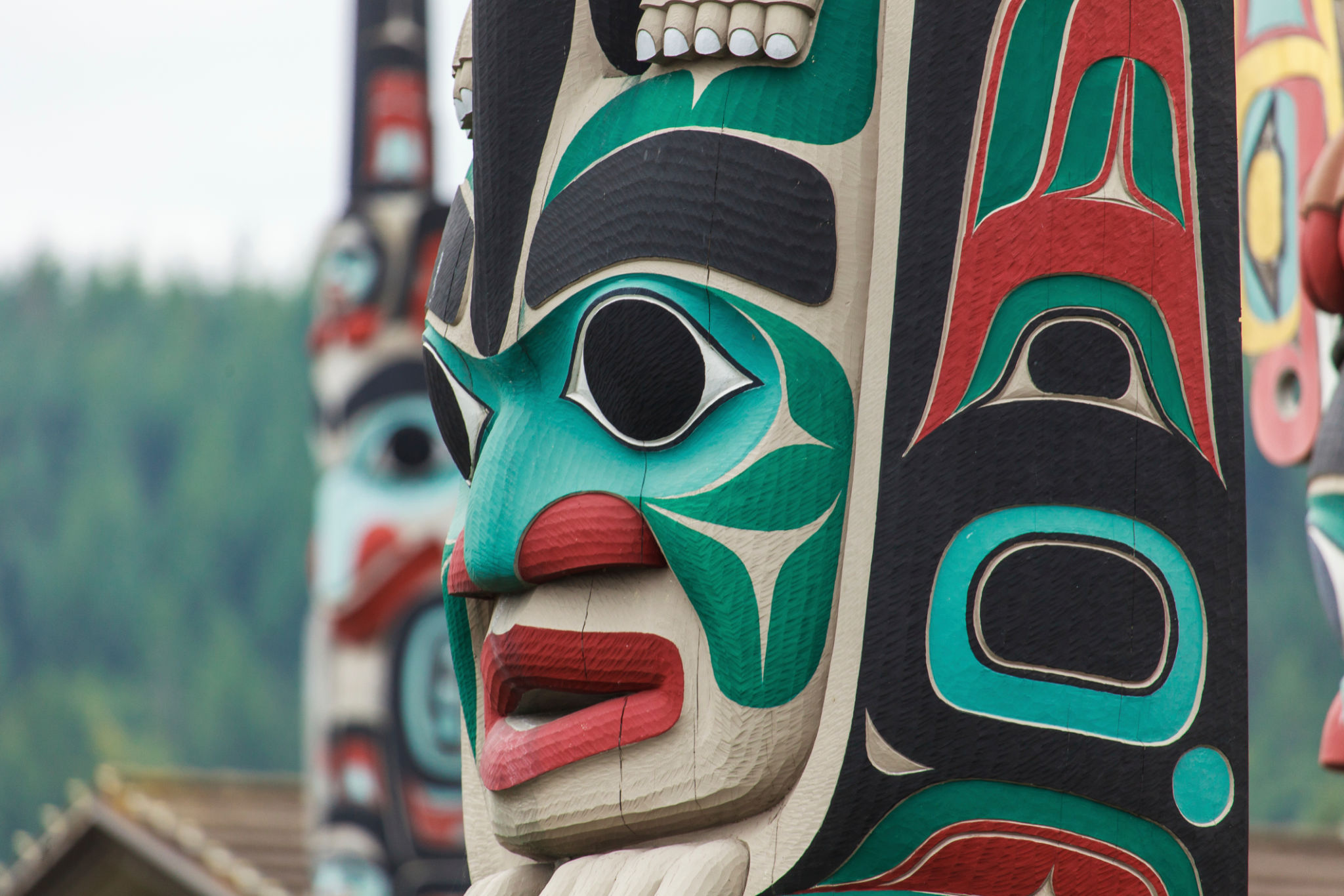Inside the World of Secret Societies: Influence and Impact
The allure of secret societies has captivated the human imagination for centuries. These clandestine organizations, shrouded in mystery, are believed to wield significant influence and impact across various facets of society. From their origins to their modern-day implications, secret societies continue to be a topic of intrigue and speculation.
The Origins of Secret Societies
Secret societies have existed in many forms throughout history. Their origins can be traced back to ancient civilizations where groups would gather in secrecy to pursue shared goals or knowledge. Often, these organizations were formed to protect and pass on forbidden knowledge, engage in political dissent, or conduct religious ceremonies away from the prying eyes of mainstream society.
Historically, secret societies often operated in opposition to established authorities, providing members with a sense of purpose and community. Over time, many of these groups have evolved, influencing various cultural and political movements around the world.

Influence on Politics and Power
Perhaps the most controversial aspect of secret societies is their alleged influence on political systems. Some of the most famous organizations, such as the Freemasons or the Illuminati, are often accused of pulling strings behind the scenes to shape world events. While concrete evidence is scarce, the mere belief in their power has inspired countless conspiracy theories.
Secret societies often include influential figures within their ranks, from politicians to business leaders. This has led to speculation about their role in decision-making processes at the highest levels of government and commerce. Whether these claims hold any truth or not, the perception of power is enough to keep these organizations in the public eye.
The Role of Rituals and Symbols
Rituals and symbols play a crucial role in the identity and cohesion of secret societies. These elements serve not only as a means of initiation but also as a way to reinforce the group's values and beliefs. The use of cryptic symbols and elaborate rituals can create an aura of mystique and exclusivity that further intrigues outsiders.

Cultural Impact and Perception
Secret societies have left a significant mark on popular culture. From literature and films to music and art, these organizations have inspired countless works that explore themes of secrecy, power, and rebellion. The fascination with secret societies often stems from their portrayal as gatekeepers of hidden knowledge or power.
While some view these groups as benign social clubs, others see them as shadowy entities with malevolent intentions. This dichotomy fuels ongoing debates about their true nature and impact on society.
Modern-Day Secret Societies
In today's world, secret societies continue to exist, although often in less dramatic forms than their historical predecessors. Many contemporary groups focus on networking and philanthropy rather than clandestine activities. However, the mystique surrounding their operations persists, drawing new members intrigued by the promise of belonging to an exclusive community.

The Impact on Individual Identity
For members, belonging to a secret society can have a profound impact on personal identity. The sense of belonging to an exclusive group can provide individuals with a unique perspective on their place in the world. This sense of identity often extends beyond the confines of the organization, influencing personal beliefs and actions.
Ultimately, the influence and impact of secret societies are as varied as the organizations themselves. Whether seen as forces for good or ill, their enduring presence in history and culture continues to fascinate and provoke discussion.